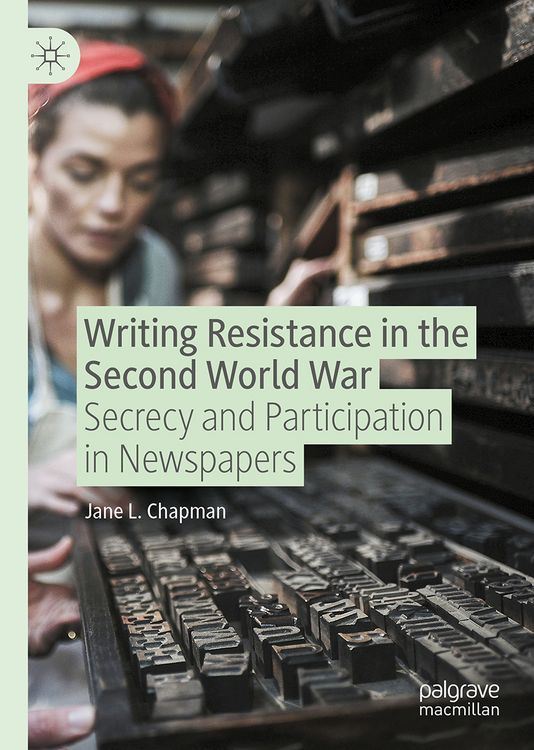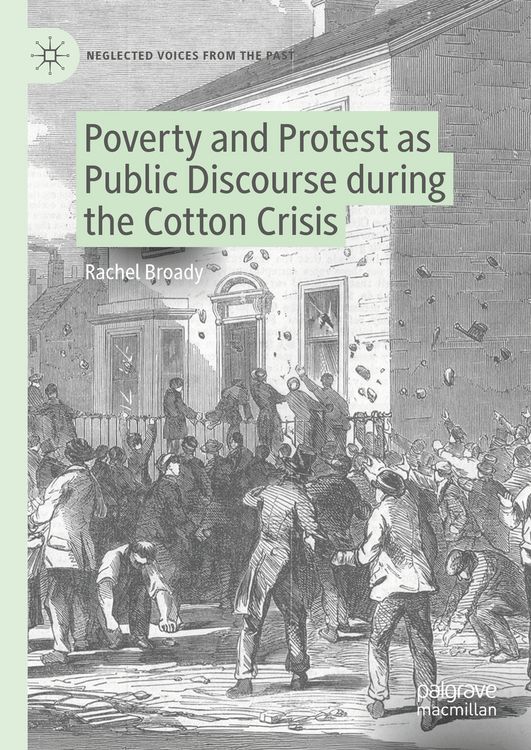
Writing Resistance in the Second World War Secrecy and Participation in Newspapers
-
- Hardcover ausgewählt
- Taschenbuch
- eBook
-
Sprache:Englisch
112,99 €
inkl. MwSt,
Lieferung nach Hause
Beschreibung
Details
Einband
Gebundene Ausgabe
Erscheinungsdatum
18.07.2024
Verlag
SpringerSeitenzahl
218
Maße (L/B/H)
21,6/15,3/1,8 cm
Gewicht
400 g
Sprache
Englisch
ISBN
978-3-031-60741-7
This book aims to extend existing historical, literary and media knowledge of neglected written voices as a form of print participation in the Second World War. Uniquely, it is framed by an awareness of contemporary requirements for both secrecy and deception, which, it is argued, were nevertheless characterised by a rare participatory inclusivity in terms of writers and audiences - that has hitherto only been perceived as a characteristic of ‘citizen’s journalism’ in the internet age. Comparative cases of resistance using newspapers during the Second World War comprise original and clandestine sources from France, Belgium, the Netherlands, Norway, and Britain - analysed for the effect that intelligence and planned deception had on local publications as well as on readers of resistance broadsheets.
Weitere Bände von Neglected Voices from the Past
-
Poverty and Protest as Public Discourse during the Cotton Crisis von Rachel Broady
 - 12%
- 12%Rachel Broady
Poverty and Protest as Public Discourse during the Cotton CrisisBuch
121,99 €
139,09 €* -
Writing Resistance in the Second World War von Jane L. Chapman

Jane L. Chapman
Writing Resistance in the Second World WarBuch
112,99 €
Unsere Kundinnen und Kunden meinen
Verfassen Sie die erste Bewertung zu diesem Artikel
Helfen Sie anderen Kund*innen durch Ihre Meinung
Kurze Frage zu unserer Seite
Vielen Dank für dein Feedback
Wir nutzen dein Feedback, um unsere Produktseiten zu verbessern. Bitte habe Verständnis, dass wir dir keine Rückmeldung geben können. Falls du Kontakt mit uns aufnehmen möchtest, kannst du dich aber gerne an unseren Kund*innenservice wenden.
zum Kundenservice